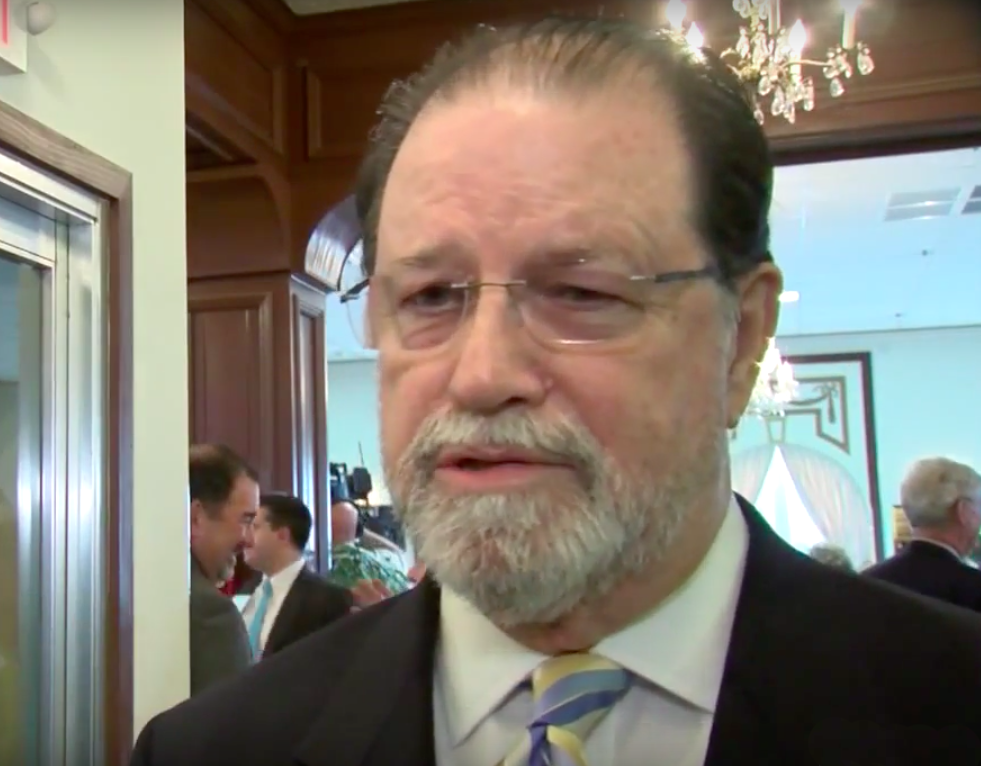
CUBA STANDARD — Four days after the United States and Cuba signed a cooperation agreement over disaster response to offshore oil spills, the Office of Foreign Assets Control (OFAC) fined the pro-normalization organization whose founder deserves much of the credit for getting bilateral talks underway.
On Jan. 13, OFAC announced that Albert A. Fox, Jr. and his Tampa-based organization, the Alliance for Responsible Cuba Policy Foundation, settled an investigation by paying a fine of $10,000.
In response, the agency, which had originally threatened a $1.43 million penalty, agreed to dismiss its case, without forcing Fox to admit any fault.
The case was OFAC’s first travel-related enforcement action in a decade.
“This should be a warning that people who make a difference in U.S. policy will be harassed by those in the federal government who disagree,” Fox wrote in an email message to Cuba Standard. “But if you go to Cuba to whore around and to fish, OFAC leaves you alone!”
OFAC investigated Fox over two trips to Cuba in 2010 and 2011 “and encouraging others to do so”, said Art Heitzer, Fox’ lawyer, in a statement. In 2010, amid a Cuban push to start offshore drilling, and later in the wake of the Deepwater Horizon disaster, Fox brought U.S. oil industry executives to Cuba to begin talks about cooperation in safety and disaster response. The 2011 trip was in connection with the inaugural flight to Cuba from Tampa International Airport.
In addition to these activities, Fox was an intermediary between the Clinton administration and the Cuban government during the Elián González episode in 1999. Over the past two decades, he also played a key role in turning Tampa’s political and business establishment towards normalization, taking a former Tampa mayor and numerous local delegations to Cuba. Amid rising interest about Cuba in the local business community, Rep. Kathy Castor, a Tampa Democrat, became the first sitting Florida official to advocate for an end of the embargo.

“My client continues to believe he did nothing un-American, illegal, immoral, or unethical, and that OFAC’s 14 years of harassment of him has been solely politically motivated,” Heitzer’s statement said.
Heitzer, a Milwaukee lawyer, chairs the National Lawyers Guild’s Cuba subcommittee. In a recent email to Fox supporters, he asked for donations to a legal defense fund for Fox and the Alliance.
On Jan. 9, the United States and Cuba signed an agreement to cooperate over oil and other toxic spills in the Gulf of Mexico and Florida Straits. The document, signed in Havana by Jeffrey DeLaurentis, chargé d’affaires of the U.S. embassy, and Deputy Transportation Minister Eduardo Rodríguez, frames the diplomatic, legal and technical elements of disaster response.
The agreement “helps assure that the coastlines, marine environments, and the communities that depend on maritime commerce, are better protected for future generations,” DeLaurentis said.
Heitzer’s statement criticized OFAC’s “selective prosecution” as “illegal retaliation for Fox and the Alliance’s active role in helping to bring about a change in U.S. policy towards Cuba, and particularly in influencing the sentiments on this issue in the state of Florida.”
“We call on OFAC to permanently cease all such prosecutions, and to allow the peoples of the U.S. and Cuba to freely interact and learn from each other,” Heitzer stated, speaking on behalf of the National Lawyers’ Guild (NLG). “Congress should repeal these unique restrictions on the right of our own people to travel.”
Reacting to “the uncertainty regarding the future of U.S. policy” with the incoming Trump administration, the NLG plans to re-activate a network of lawyers that advised and represented U.S. travelers to Cuba during a crackdown by the George W. Bush administration.
“We hope that will not be necessary, but we need to be prepared,” Heitzer said.
According to OFAC, Fox made the trips that “appeared to have violated” Cuban Asset Control Regulations in August 2010 and September 2011, taking 20 persons, after receiving a “cautionary letter” from OFAC. The agency also said the “alleged violations appear to have resulted in minimal harm to the current objectives of the U.S. sanctions program regarding Cuba”.

